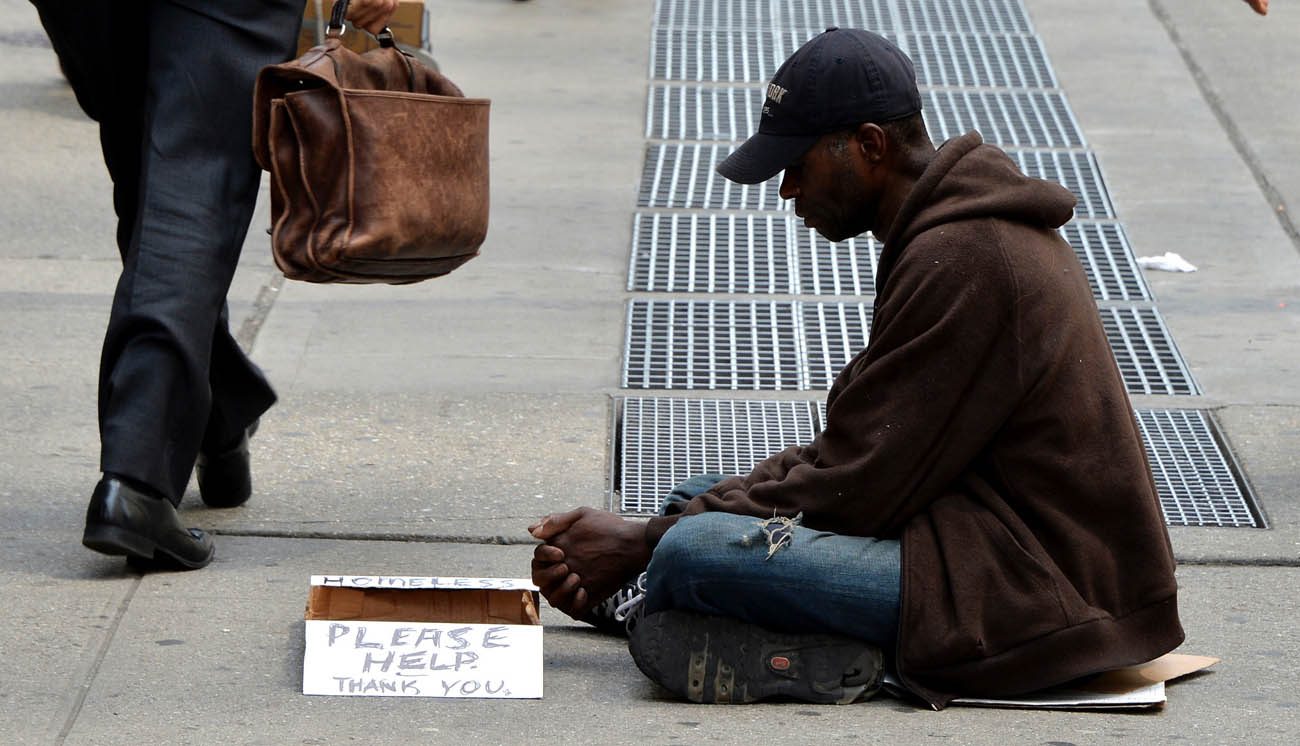WASHINGTON (CNS) — A part of President Donald Trump’s Oct. 13 executive order on health care that would end subsidies to health insurance companies aimed at helping individuals with low to modest incomes is of “grave concern,” a U.S. bishop said.
“The Affordable Care Act is by no means perfect,” said Bishop Frank J. Dewane of Venice, Florida, but he warned that attempts to improve it “must not use people’s health care as leverage or as a bargaining chip.”
“To do so would be to strike at the heart of human dignity and the fundamental right to health care. The poor and vulnerable will bear the brunt of such an approach,” he said in an Oct. 14 statement.
[hotblock]
Bishop Dewane, chairman of the U.S. Conference of Catholic Bishops’ Committee on Domestic Justice and Human Development, said the USCCB “will closely monitor the implementation and impacts of this executive order by the relevant administrative agencies.”
He said flexible options for people to obtain health coverage are important strategies but he also cautioned that “great care must be taken to avoid risk of additional harm to those who now receive health care coverage through exchanges formed under the Affordable Care Act.”
He also noted that the order “ignores many more significant problems in the nation’s health care system,” stressing that Congress must still act on comprehensive reform that would provide a framework for health care as well as solutions for conscience, immigrant access, market stability and underlying affordability problems which he said continue to be unaddressed.
Trump has said the lower health insurance premiums will allow more consumers to buy health insurance through association health plans across state lines. His order also plans to lift limits on short-term health care plans and directs agencies to write new rules.
Some experts are saying Trump’s order could destabilize the Affordable Care Act markets as cheaper but less effective plans drive people away. Health insurance companies have said that without the payment subsidies, they will either have to increase premiums or get out of the individual markets.
[tower]
The National Association of Insurance Commissioners has estimated that the health care order would cause a 12 to 15 percent increase in premium costs and the Congressional Budget Office has put that figure at 20 percent.
Democrat leaders strongly criticized the order, particularly for its plan to end subsidies. Senate Minority Leader Charles Schumer, D-New York, and House Minority Leader Nancy Pelosi, D-California, said in a joint statement that the order was a “spiteful act of vast, pointless sabotage.”
The federal government pays out subsidies monthly and this year that will amount to $7 billion. A federal judge has already ruled the subsidy payments are illegal without further congressional action.
Nineteen states, and the District of Columbia, have filed a lawsuit against the president for the decision to end the subsidies.
PREVIOUS: Planned giving called ‘key part’ of future of parishes, schools, ministry
NEXT: Catholic cemeteries bury the poor and forgotten




Obama’s policy was ILLEGAL. Why does the bishop not take notice of this fact?
Regarding the photograph: Did ALL the money Obama was giving away find its way to homeless people in the street? Did NONE of the money find its way into the bank accounts of insurance company fat cats? Was there NO corrupting and theft?